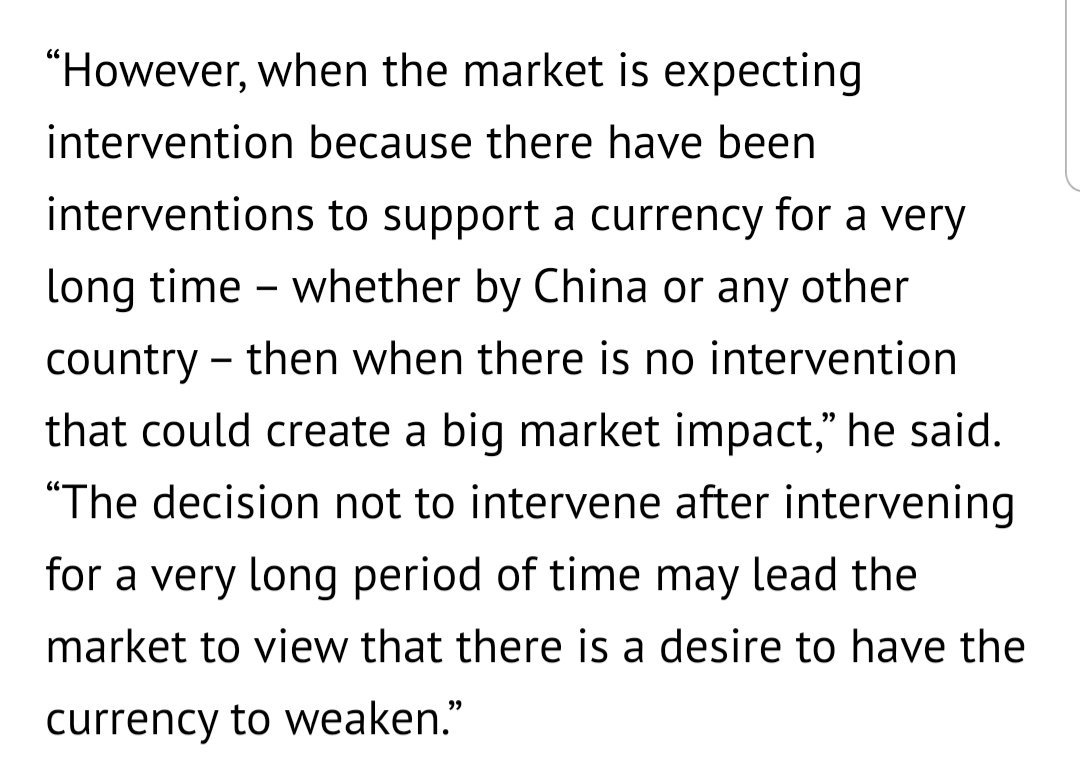1. Shell, since 2016
2. Eni, once, in 2006
3. Shell, in 2004, due to a massive and scandalous reserve writedown prompting executive departures, lawsuits, fines, and a huge capex binge to restock
Petroleum is capital-intensive, and that 45-55 ratio looks oddly tilted to shareholders -- 33-66 would be more normal.
If you see demand growth for your core product, you want to plough your profits back into capex to capture that.
Certainly, *either* Exxon Mobil *or* Shell is wrong about where the world energy sector is headed.











